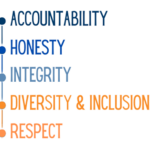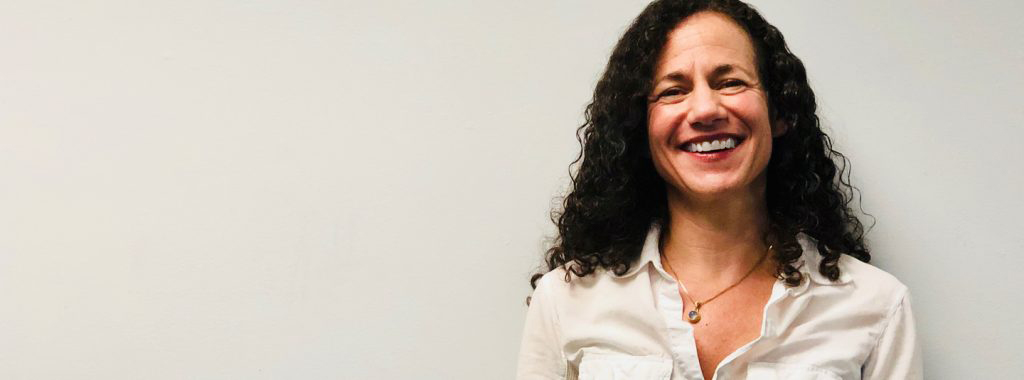Who We Are
About PRC
At PRC, we believe everyone deserves an advocate and an opportunity.
PRC (formerly Positive Resource Center) has been transforming the Bay Area for decades, helping those affected by HIV/AIDS, substance use, or mental health issues realize their best selves by providing the support and services they need to reclaim their lives.
Services include emergency financial assistance for short-term security; legal representation for access to basic income and healthcare benefits; and residential treatment, supportive housing, and employment training for longer-term social rehabilitation.
Having merged with the AIDS Emergency Fund and Baker Places, Inc. in 2016, PRC’s newly interconnected services help over 5,000 clients per year on their path toward long-term stability and success.
A longtime pillar of the community, we have grown, and we have changed, and we’ll continue to grow and change. We’ll add new services, and find new partners to work alongside us. But, through it all, we will remain committed to the same core ideals we began with:
- We will continue to be welcoming and accepting of ALL people;
- We will stand up, speak out, and provide both urgent and long-term support for those who too often are marginalized or ignored;
- And we will never, ever stop working to empower our clients by helping the whole person – moving beyond merely addressing their health and tackling the larger social issues that affect them.
Mission
Our mission is to help people affected by HIV/AIDS, substance use, or mental health issues better realize opportunities by providing integrated legal, social, and health services that address the broad range of social risk factors that impact wellness and limit potential.
Values That Guide Us
Our values, together with our mission statement, guide our work. They are used to address issues that arise within the agency, both in ongoing operations and in strategic planning.

We Aspire to provide services that:
Give clients the knowledge they need to make their own choices
Aid all clients in a culturally-appropriate way
Utilize a client-centered model, emphasizing one-on-one and group relationships
Are easy to access
We aspire to be an organization that:
Is culturally competent and diverse across all levels, from volunteers to our staff to our board
Respects and seeks participation from all agency stakeholders, including people living with HIV, in all areas of the organization
Operates at all levels with accountability, honesty and integrity
We aspire to meet the needs of all people affected by or at risk for HIV, including:
People of any sexual orientation or gender identity
Immigrants, regardless of immigration status, and people with limited English proficiency
People who are (or who have been) incarcerated; ex-offenders; people with dependents; people of color; people with mental or physical disabilities, including the deaf and hard of hearing; women; youth; seniors; sex workers; active drug users; and people in recovery
In Their Own Words
“I found my attorney to be incredibly professional and efficient, and I feel fortunate to have had her as an advocate. I had recently been diagnosed with terminal cancer, and she was exceptional in helping me navigate the benefit system. Most importantly, her people skills, coupled with her efficiency, were a real port in the storm for me.”
— PRC Client
A History of Service
Today, PRC offers a multitude of services that help thousands of people every year. But things started off simply: In 1987, a former Social Security Administration employee named Patrick James founded AIDS Benefits Counselors (ABC) with the help of a small cadre of dedicated volunteers.
AIDS Benefits Counselors (ABC) founded.
ABC incorporated as a 501 (c)(3) organization.
ABC operates with a budget of $14,698 and a full-time staff of 2.
Positive Resources employment services program founded.
ABC acquires Positive Resources, operating on a budget of $400,000 with a full-time staff of 7.
Benefits Counseling and Employment Services programs merged under one roof, now operating with a budget of $800,000 and 15 full-time staff.
Agency name officially changed to Positive Resource Center.
Agency transitions into survival mode, due to financial crisis. Staff reduction from 24 to 15.
Agency stays afloat thanks to Employment Development Department contract and a Department of Public Health SSI Mental Health Pilot Project. New operating budget of $1 million.
Current PRC CEO Brett Andrews hired as Executive Director.
PRC moved to 785 Market Street. PRC's mission is modified to include at-risk populations. Operating at $1.25 million budget with a staff of 18.
Expansion at 785 Market Street. PRC budget is now $1.5 million, with a 24-person staff.
PRC operating at $2 million budget with 29 people on staff.
Further expansion at 785 Market Street. Operating at $2.6 million budget with 32 full-time staff members.
Equal Access to Healthcare Program launched in response to the Affordable Care Act.
Discussion of merger with Baker Places, Inc., begins.
Discussion of merger with AIDS Emergency Fund begins. Both it and the merger with Baker Places, Inc., are approved by the PRC Board of Directors.
First direct federal funding from Health Resources and Services Administration to support PRC's new Integrative Health Analysis model of care.

